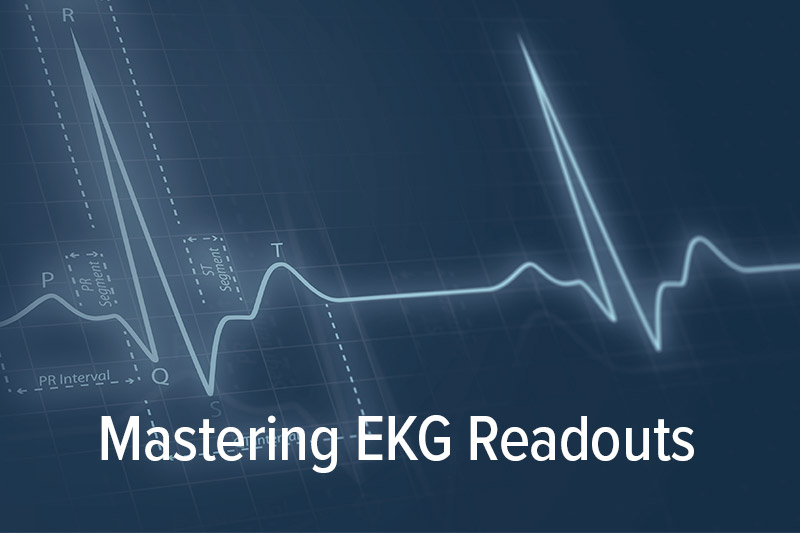
Eliminating Misinformation about Dysrhythmia
Electrocardiography is the most used diagnostic test in cardiology, yet research shows that nurses forget critical aspects of their training in dysrhythmia detection. This shouldn’t happen — nurses should have access to proven-effective training that gives them the confidence and skills to excel.
Dysrhythmia impacts millions of people in the U.S. Atrial fibrillation and atrial flutter resulted in 112,000 deaths in 2013, up from 29,000 in 1990. The CDC estimates that 12.1 million people in the United States will have AFib in 2030.1
As nurses and technicians often bear the brunt of the responsibility of EKG monitoring and patient care, why not ensure they are equipped with the best training?
This EKG course — developed by experts at Texas Health Resources for Amplifire — was offered to 1,318 nurses and 180 technicians and yielded astonishing results, both in learning, ROI, and subsequent patient outcomes.
Training Result
Increases in consistent knowledge across the healthcare system
Nurses took a refresher course two months after their initial training in Amplifire. Refreshers represent an opportunity to measure how well the material was remembered. Did the new learning stick?
The refresher data showed strong evidence that learning had occurred and was retained. Knowledge gaps, misinformation, and uncertainty had been greatly reduced. In all cases, nurses were more than 50% closer to perfect mastery on the topic of dysrhythmia.

Clinical Implications
Download the full case study to see all the findings and clinical implications.







